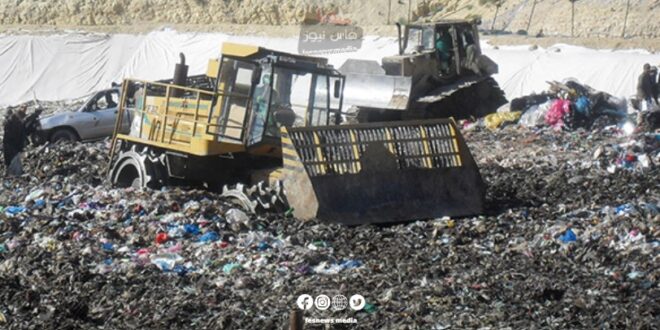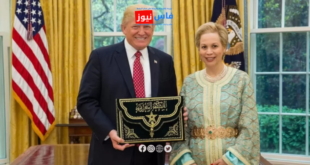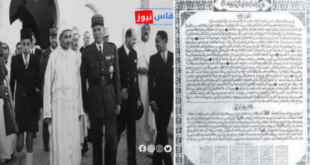On August 27, the Moroccan Ministry of Energy Transition and Sustainable Development issued a press statement in response to controversial information recently circulating about the import of non-hazardous waste.
The ministry revealed that since 2016, Morocco has granted 416 licenses to companies for importing non-hazardous waste intended for recycling in industrial and energy sectors. It clarified that these imports, coming mainly from Europe, are subject to strict regulations in accordance with the Basel Convention, ratified by the Kingdom in 2001, as well as current national laws.
Facing mounting criticism, especially from environmental activists, the Popular Movement group demanded explanations from Minister Leila Benali.
The ministry emphasized that the import of this waste is part of an environmental approach aimed at reducing environmental impact while supporting the green economy. The statement indicated that the imported waste is primarily used as raw or complementary materials for various industries, including the production of sewage pipes and plastic crates, as well as for energy recovery in cement factories.
The ministry affirmed that these activities significantly contribute to reducing polluting emissions and creating job opportunities. To date, more than 9,500 jobs have been generated directly or indirectly through this sector, with a projection of at least 60,000 additional jobs by 2030.
The ministry added that the use of this waste helps reduce the country’s energy bill, thus limiting dependence on fossil fuels and reducing greenhouse gas emissions.
 فاس نيوز ميديا جريدة الكترونية جهوية تعنى بشؤون و أخبار جهة فاس مكناس – متجددة على مدار الساعة
فاس نيوز ميديا جريدة الكترونية جهوية تعنى بشؤون و أخبار جهة فاس مكناس – متجددة على مدار الساعة













